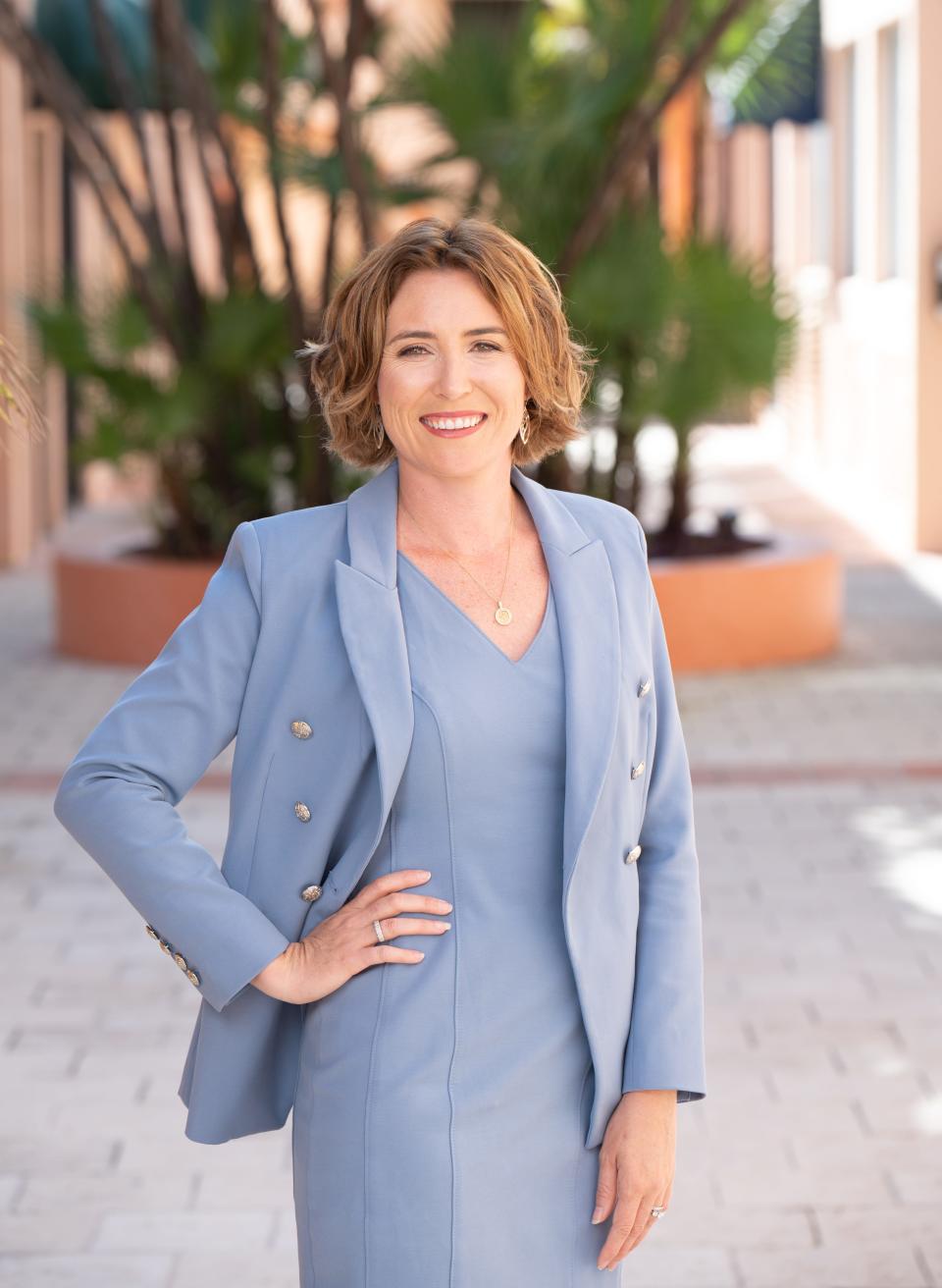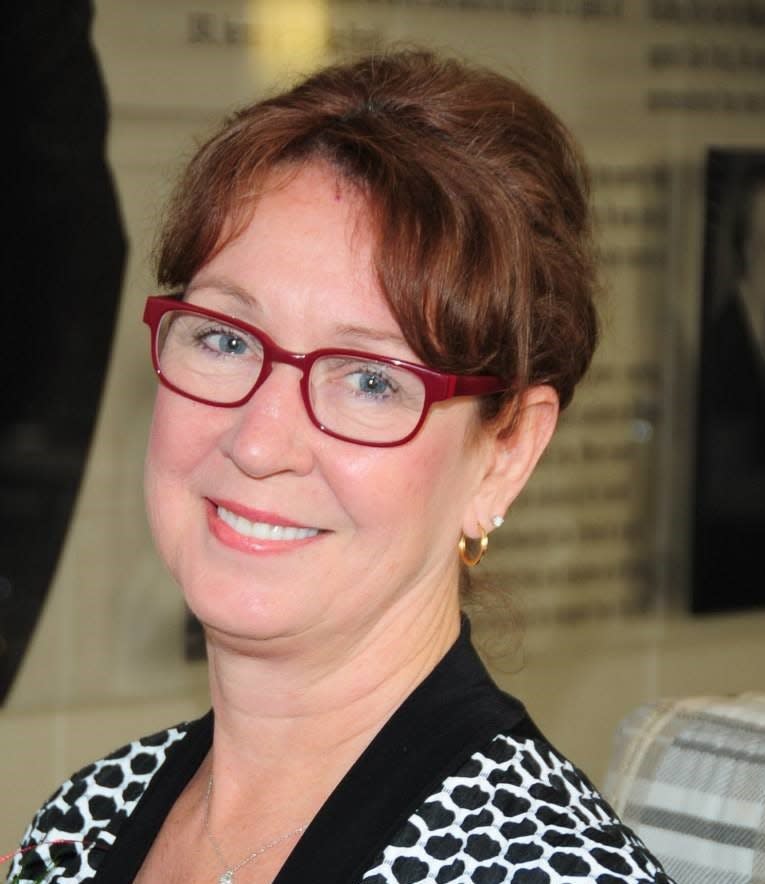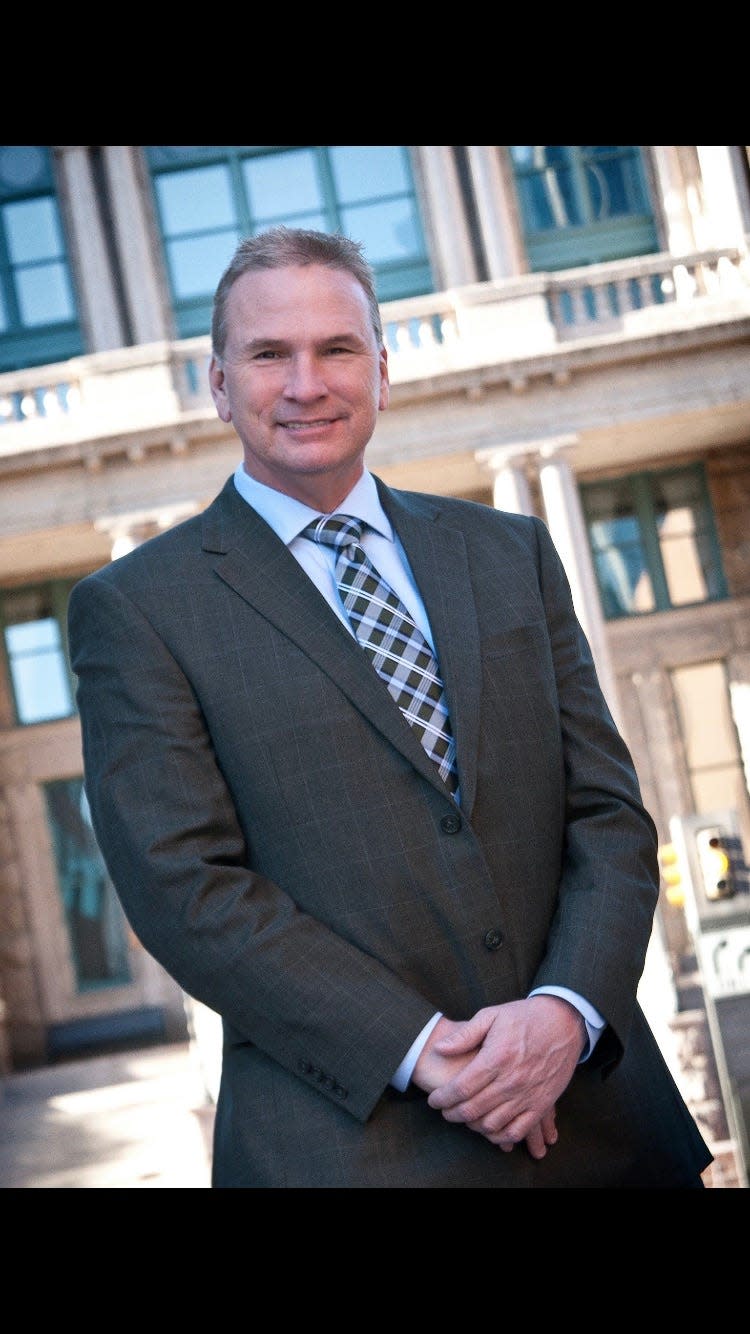'Take Care of Maya' verdict raises questions for child healthcare providers
- Oops!Something went wrong.Please try again later.
In what could be considered a historic verdict with the potential for a significant impact on hospitals and mandatory child abuse reporters across the nation, a jury awarded a Venice family more than $261 million in compensatory and punitive damages against Johns Hopkins All Children's Hospital.
Throughout the two-month-long trial, the defense for the hospital emphasized support for mandatory reporters and hospital staff, saying they worried about the “chilling effect” the case could have.
In Florida, according to statutes, any individual who has reasonable cause to suspect that a child is abused, abandoned or neglected by their parent or guardian is a mandatory reporter. At the professional level, law enforcement, healthcare providers, teachers, social workers and mediators are mandated to report any suspicions of child abuse.
Keep reading: All Children's alleges jury misconduct in 'Take Care of Maya' case, seeks new trial
More case coverage: Maya Kowalski files complaint related to sex abuse allegations with St. Petersburg police
Other experts also worried about how the verdict could impact healthcare providers across the nation, with one nursing and criminalistics professor from California State University concerned the verdict could further complicate an already under-reported issue.
Those in support of the verdict, including one Florida attorney, see the case as an opportunity to send a message to healthcare providers who protect “bad actors” that it's time to take a hard look at policies and procedures to help families not become victims. The family’s attorneys indicated their case aimed to show that parents have a right to choose their child’s medical treatment.
The Kowalski family first sued All Children's Hospital in 2018 for more than $220 million in claims related to false imprisonment, battery, fraudulent billing, medical malpractice, and intentional infliction of emotional distress, among others.
The lawsuit came nearly two years after family matriarch Beata Kowalski took her life after allegations of child abuse arose against her when the family took then-10-year-old Maya Kowalski to the hospital in October 2016 due to a severe stomachache believed to be a relapse symptom of her Chronic Regional Pain Syndrome, a disorder that impairs the central nervous system and heightens pain sensations.
Hospital staff began to suspect possible child abuse after they observed what many testified to as inconsistencies between Maya’s behaviors and her condition. Staff placed calls to the abuse hotline, beginning a more than three-month ordeal for the Kowalski family that has haunted them since.
In light of the conclusion, the Herald-Tribune spoke with experts both in support and opposed to the verdict about how they believe it could impact the child healthcare system and mandatory reporters.
Putting checks in place to support families from becoming victims

Nicole Kruegel, a trial attorney and partner at Palm Beach Gardens-based law firm Domnick Cunningham & Yaffa, was surprised at the size of the damages the jury awarded to a single family but hopes it sends a message to other hospitals.
While it may not be a unique case, it is an interesting legal theory, Kruegel said. It’s also one of the most difficult types of cases to bring.
“I think that the fact that the jury returned such a high verdict, and it was so overwhelmingly in support of the family, just goes to show the level of evidence that they must have had and been able to put together in order to tell that story and really shine a light on the horrors that were caused,” Kruegel said.
Kruegel, who focuses on medical malpractice, said the case and verdict shine a light on issues she sees daily — the state protecting bad actors in healthcare at the cost of citizens. There are no checks in place, she added.
'Take Care of Maya' trial: The verdict is in, jury makes a decision
‘About sending a message’: Jury decides on punitive damages in 'Take Care of Maya' case
“What you see happen when there are no checks on power is those people who are seen in the community as the deciders of whether abuse is happening and they’re mandatory reporters, and they have a financial incentive to keep those children separated, they’re not always telling the truth,” Kruegel said.
Kruegel doesn’t think the verdict will affect mandatory reporters who are honestly reporting suspicions of child abuse.
Another issue, especially in states like Florida, arises when the child welfare system is privatized, Kruegel said, because there is an incentive for some to report more cases of "abuse," which can help increase the amount of money allocated to them.
'Chilling effect' on mandatory reporting, healthcare providers

Beatrice Yorker, a pediatric and adolescent nurse and professor emerita of nursing, criminal justice and criminalistics at California State University, is worried the verdict could lead to healthcare providers not reporting suspicions of medical child abuse, which is already vastly under-diagnosed.
“One of the reasons it's under-diagnosed is because it's very complicated,” Yorker said. “It requires a great deal of resources and skilled personnel. Parents often doctor shop. And so any one institution has to put in a great deal of resources to try and sort out different providers. I'm concerned that this verdict is going to cause them not to report."
Yorker further emphasized that it’s not mandatory reporters who separate children from their families, but the judges who order separations following an investigation by law enforcement and Child Protective Services.
In the Kowalski family’s case, while two hospital staff placed the initial calls to the abuse hotline following suspicions, it was Florida Department of Children and Families investigators who looked into the case and a Sarasota judge who issued the shelter-in-place order for Maya Kowalski.
In most instances of child abuse, parents will doctor shop — they’ll go from doctor to doctor until one agrees to what the parent wants in terms of treatment or prescriptions, Yorker said.
More 'Take Care of Maya' trial coverage: Attorneys for both sides reflect as case nears an end
Previous reporting: As 'Take Care of Maya' trial nears conclusion, attorneys weigh in on complicated trial
Michael Weber, a detective with the Tarrant County Sheriff’s Office in Fort Worth, Texas, and an expert in medical child abuse investigations, said this could be a warning shot to hospitals in terms of setting up a system to help child abuse pediatricians review the thousands of pages of medical records.
Weber added there should be a dedicated person, preferably a registered nurse, who can review the records, and enter details into a spreadsheet which can then act as a guide for the child abuse pediatrician to review for inconsistencies.
Weber is also worried about how this could impact doctors in other hospitals.
“It’s going to cause doctors just not to chart this abuse,” Weber said. “And if they don’t chart it, it never happened. And the child is left and continues to suffer.”

Weber, who co-authored the American National Society of Children’s best practice guidelines, added it’s not just hospitals that need to be restructured and trained to better detect child abuse cases. CPS and law enforcement also need better training.
“And again, CPS in Florida, just like CPS in Texas, they receive no mandated training on this abuse, they may not even know what this abuse is,” Weber said.
Experts agree: Change needs to happen, verdict might be the reason
One thing experts agreed on is that changes need to be made in the healthcare system and the verdict might be the wake-up call.
Yorker and Weber both agreed that healthcare providers and law enforcement must become more familiar with child abuse guidelines and how to identify such cases.
“I hope that there is greater awareness, and greater awareness leads to greater protection of victims,” Yorker said.
“This verdict does not mean all of a sudden you decide you don’t want to risk getting sued and so you’re not going to report,” Yorker said. “That’s not going to go away. Those laws are written because people weren’t protecting children because they were afraid they’d be sued.”
Keep reading trial coverage: Defense rests, Maya takes stand again before case goes to jury
In case you missed it: 'Take Care of Maya' Netflix documentary gives voice to Venice family suing hospital
Kruegel thinks the verdict could be a catalyst for changing the system to hold hospitals accountable and hopes this verdict brings hospitals to honest communications with their patients and families.
"On the hospital side, I would hope that the folks who are handling risk management take a step back and really reflect on whether their litigation strategies are in the best interest not only of the hospital, but the patients that they are charged with keeping safe," Kruegel said.
Gabriela Szymanowska covers the legal system for the Herald-Tribune in partnership with Report for America. You can support her work with a tax-deductible donation to Report for America. Contact Gabriela Szymanowska at gszymanowska@gannett.com, or on Twitter.
This article originally appeared on Sarasota Herald-Tribune: Experts: What 'Take Care of Maya' verdict mean for mandatory reporters

